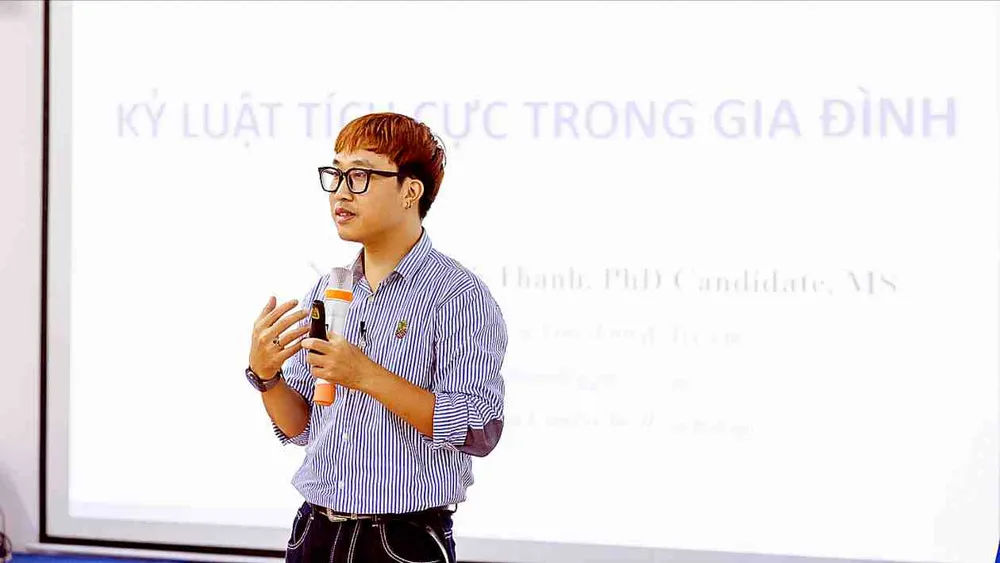
Nguyen Minh Thanh graduated with a Master's degree in Developmental and Educational Psychology from China, and for nearly a decade, he has practiced and worked with families and children as a lecturer at Hoa Sen University (Ho Chi Minh City).
What motivated Thanh to continue his studies in Belgium as a PhD in Clinical Psychology at UCLouvain University? Thanh points out the issues that psychologists must focus on: “My practical experience has shown me that many family and child problems are affected by the mental health of the parents themselves. However, preventive and intervention education programs at that time mainly focused on teaching parents the skills to understand, care for, and intervene in problems occurring with children and families. So, how do parental mental health problems such as anxiety, stress, burnout, or depression impact the family, children, and further, the effectiveness of the aforementioned preventive and intervention programs?” This question led Thanh to the aforementioned conceptual framework of Professors Isabelle Roskam and Moira Mikolajczak. At the time Thanh applied for the doctoral program, there were only about 5 studies on this topic in Vietnam, more than half of which were conducted by Thanh, his colleagues, and students.
Research findings indicate that the rate of burnout in the parenting journey in Vietnam is approximately 1%-2% within the sample size. Furthermore, this burnout correlates positively with children's behavioral problems and negatively with primary school academic achievement. Therefore, Nguyen Minh Thanh believes further research on this topic within the context of Vietnamese families is needed to provide relevant theoretical and practical suggestions.
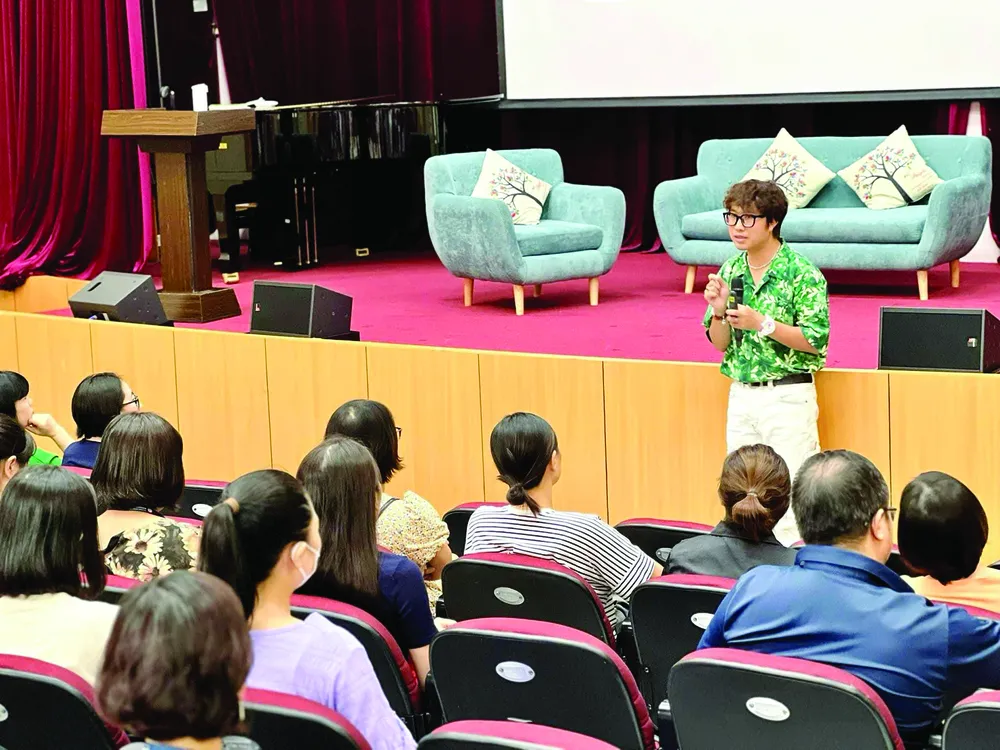
But how can we apply Western psychological knowledge and solutions to psychological problems in other contexts like Vietnam? Thanh answers this difficult question with the term WEIRD, commonly used in psychology. “WEIRD refers to research evidence, both theoretical and clinical, currently conducted primarily in Western, educated, industrialized, rich, and democratic contexts, but lacking extensive research evidence in non-Western contexts. Furthermore, psychology is also facing a replicability crisis in research, thus raising questions about the validity and authority of research evidence. When we apply the term “outside” to Vietnam, we need to carefully consider many factors such as listening to local voices, increasing research in Vietnam, and scientific communication…”, Minh Thanh explains.
Regarding PB syndrome, there are currently no RCT intervention studies on parents in Vietnam. The doctoral dissertation, entitled “Investigating Family Factors Correlated to PB: A Comparative Study Between the UK and Vietnam,” allows Thanh to delve deeper into the contribution of systemic family and transgenerational factors in a cross-cultural approach to identify similarities and/or differences. From this, appropriate arguments and suggestions for research and practice of PB in different contexts, particularly in Vietnam, can be developed.
This June, Nguyen Minh Thanh has been invited to be an expert for the Parenting Summit 2025 – a place where parents can find solutions to their concerns when raising children. He will also lead a workshop on positive discipline and child behavior analysis, and directly conduct a course on early childhood psychology (for prospective parents, teachers, and professionals working with children...).
Source: https://www.sggp.org.vn/nguoi-dong-hanh-with-parents-in-raising-children-post797674.html










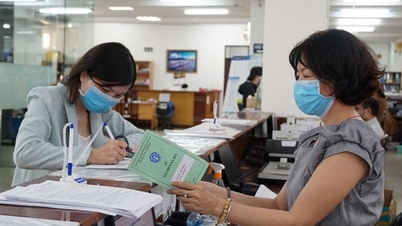

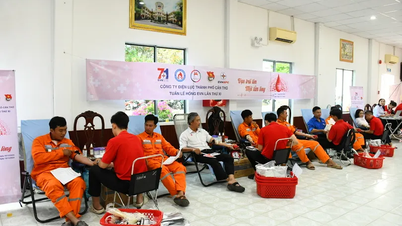









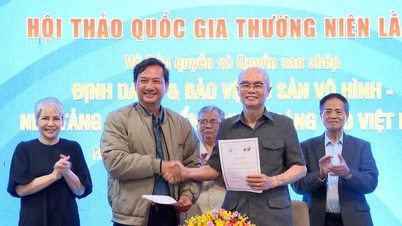










![[Video] The craft of making Dong Ho folk paintings has been inscribed by UNESCO on the List of Crafts in Need of Urgent Safeguarding.](https://vphoto.vietnam.vn/thumb/402x226/vietnam/resource/IMAGE/2025/12/10/1765350246533_tranh-dong-ho-734-jpg.webp)




































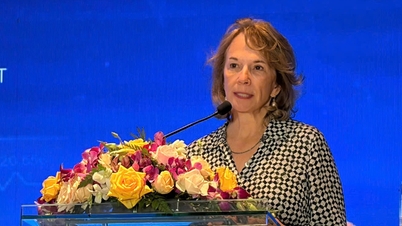


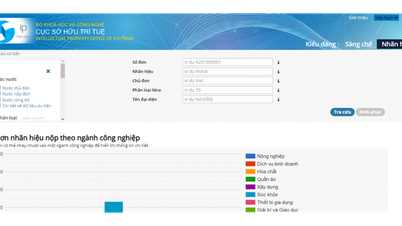

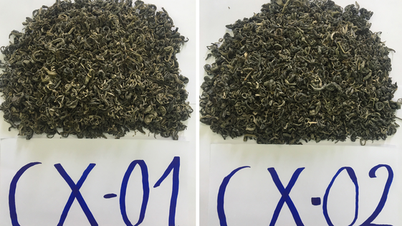



























Comment (0)